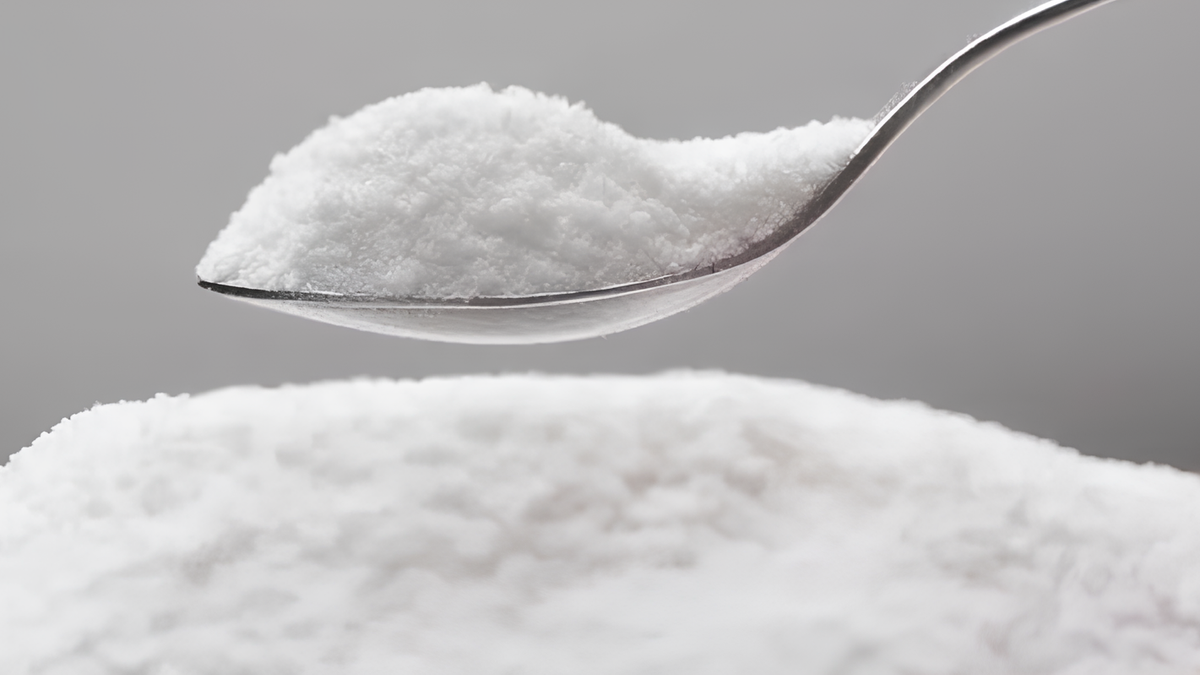
Acesulfame K, often shortened to Ace-K, is a potent sweetener that has been part of our food industry for several decades. This article explains the characteristics, uses, safety, and potential side effects of this artificial sweetener.
Acesulfame K is a potent sweetener, its sweetness potency is approximately 200 times greater than a 3% sucrose solution. However, the intensity of sweetness can vary depending on the concentration of the solutions it is compared to.
Compared to other artificial sweeteners, Ace-K's sweetness is considered roughly half that of saccharin, equivalent to aspartame, and 4 to 5 times sweeter than sodium cyclamate. Its sweet taste is perceived immediately, faster than other sweeteners like aspartame and alitame, and does not persist longer than the taste of the food it is added to.
When used in acidic foods and drinks, Ace-K exhibits a slightly higher sweetening power than in neutral solutions at the same concentration. However, very concentrated aqueous solutions of Ace-K may have a slightly bitter taste, but this is not evident in foodstuffs with low concentrations.
Interestingly, Ace-K shows a strong synergistic effect when combined with aspartame or sodium cyclamate, enhancing the overall sweetness. This effect is almost absent with saccharin. Ace-K also synergizes well with alitame, fructose, sucralose, high fructose corn syrup, and thaumatin.
Ace-K is a white crystalline powder, odorless, and highly water-soluble. It has an exceptionally long shelf life and remains stable at room temperature for years. It does not have a final melting point and undergoes decomposition at temperatures above 200°C.

This sweetener is used in a wide range of products due to its high stability at low pH and heat resistance. It is prevalent in low-calorie foods, diabetic foods, oral hygiene products, pharmaceutical products, and even animal foods.
Ace-K is not metabolized by the human body, meaning it provides no caloric intake and does not influence blood sugar levels. It is rapidly absorbed and excreted in the urine and does not accumulate in the tissues, even after high doses. Also, it is not metabolized by the bacteria responsible for cavity formation, making it non-cariogenic.
A wide range of toxicological studies have been carried out for Ace-K, all of which have demonstrated that it is a non-toxic compound, suitable for use as an intense sweetener. The Acceptable Daily Intake (ADI) varies between regulatory bodies but is generally between 0-9 mg/kg of body weight to 15 mg/kg.
In conclusion, Acesulfame K is a potent, non-caloric sweetener that is safe for consumption. It offers a wide range of applications due to its stability and synergistic effects with other sweeteners. However, as with any food additive, it should be consumed within the recommended daily intake limits.